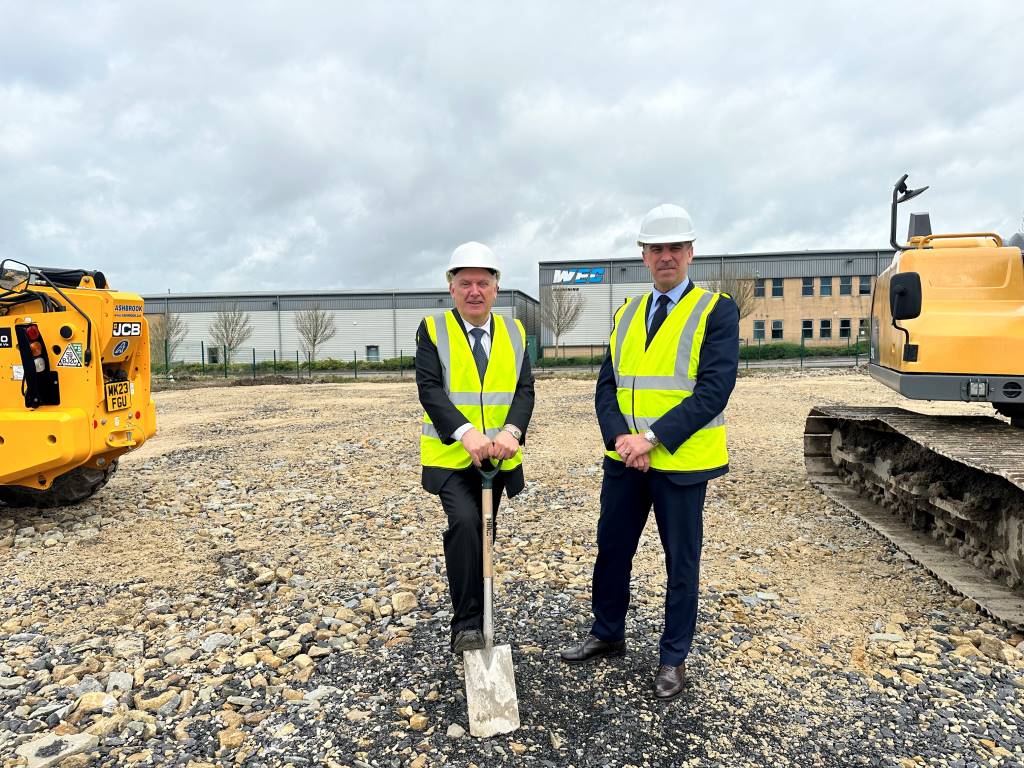Renishaw additive manufacturing aids hand cycle land speed record

Renishaw is providing additive manufacturing (AM) expertise to the University of Liverpool Velocipede Team (ULV Team).
As part of the ARION4 project, Renishaw built the central titanium support (CTS), a vital component of the bike to support the team’s attempt to break the current hand cycle land speed record. From the 10-15 of September 2018, hand cyclist Ken Talbot and Paralympian Karen Darke MBE will race at the World Human Powered Speed Challenge at Battle Mountain, Nevada, USA.
Since 2013, mechanical engineers at the University of Liverpool have worked on the ARION project, which aims to build a series of the fastest human-powered bikes in the world. The past three versions of the bike, the ARION1, 2 and 3 have beaten the previous land speed record for leg powered velocipedes.
The team felt it had reached the full potential of a leg powered bike with the ARION3 and so decided to drive the project in a different direction ─ designing the ARION4 to be powered by hand. The ULV Team has now set its sights on breaking the hand cycle land speed record, which currently sit at 45.68 mph for a male and 24.85 mph for a female.
The challenge for the ULV Team was to design, build and test a bike that was light enough to beat the land speed record, had the strength to deal with the force of the race and kept the rider entirely in control. It turned to Renishaw’s additive manufacturing expertise to help achieve this.
“The ULV Team would not have been able to produce a component that met the lightweighting and strength requirements of the bike using traditional manufacturing methods”, explained Llyr Jones, mechanical engineer at Renishaw. “Additive manufacturing provided more design freedom for a vital part of the transmission and steering system. The resulting component is lightweight but offers the strong properties of titanium to help keep control of the bike.”
“Before taking part in the ARION4 project, the students had theoretical knowledge of AM but no real experience,” explained Michael Head, post graduate lead on the ARION4 project. “The team at Renishaw was very willing to help the students understand how best to design for AM and build a strong and effective part for the bike. The advice and hands-on experience the students received from Renishaw will also be valuable to them when they enter the industry.”
With the help of Renishaw’s additive manufacturing machines, the ULV team designed and additively manufactured the CTS, a vital component for the ARION4. The part attaches to the headtube to hold the layshaft and front wheel in place. The 3D printed component weighs less than 600g and maintains stiffness due to the mechanical properties of titanium. The component is the backbone of the ARION4 transmission system, allowing riders to put in as much power as possible without worrying about the structural integrity of the front of the bike.
With the help of Renishaw and other sponsors, the team is confident that it will create new male and female records.
For more information about the ARION4 project and the ULV Team, visit www.ulvteam.co.uk.
Renishaw www.renishaw.co.uk/additive














